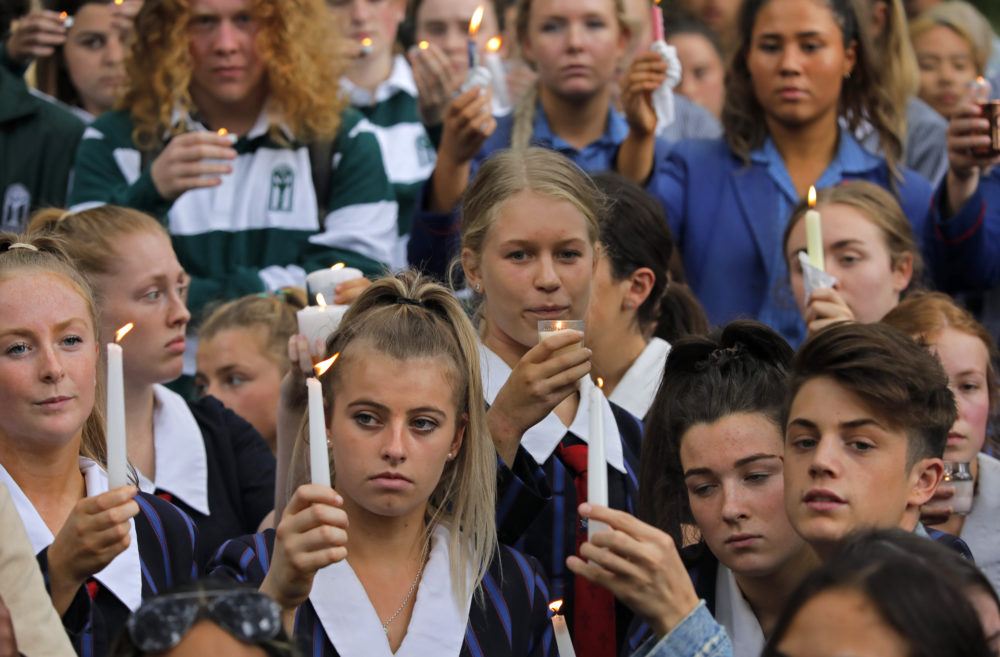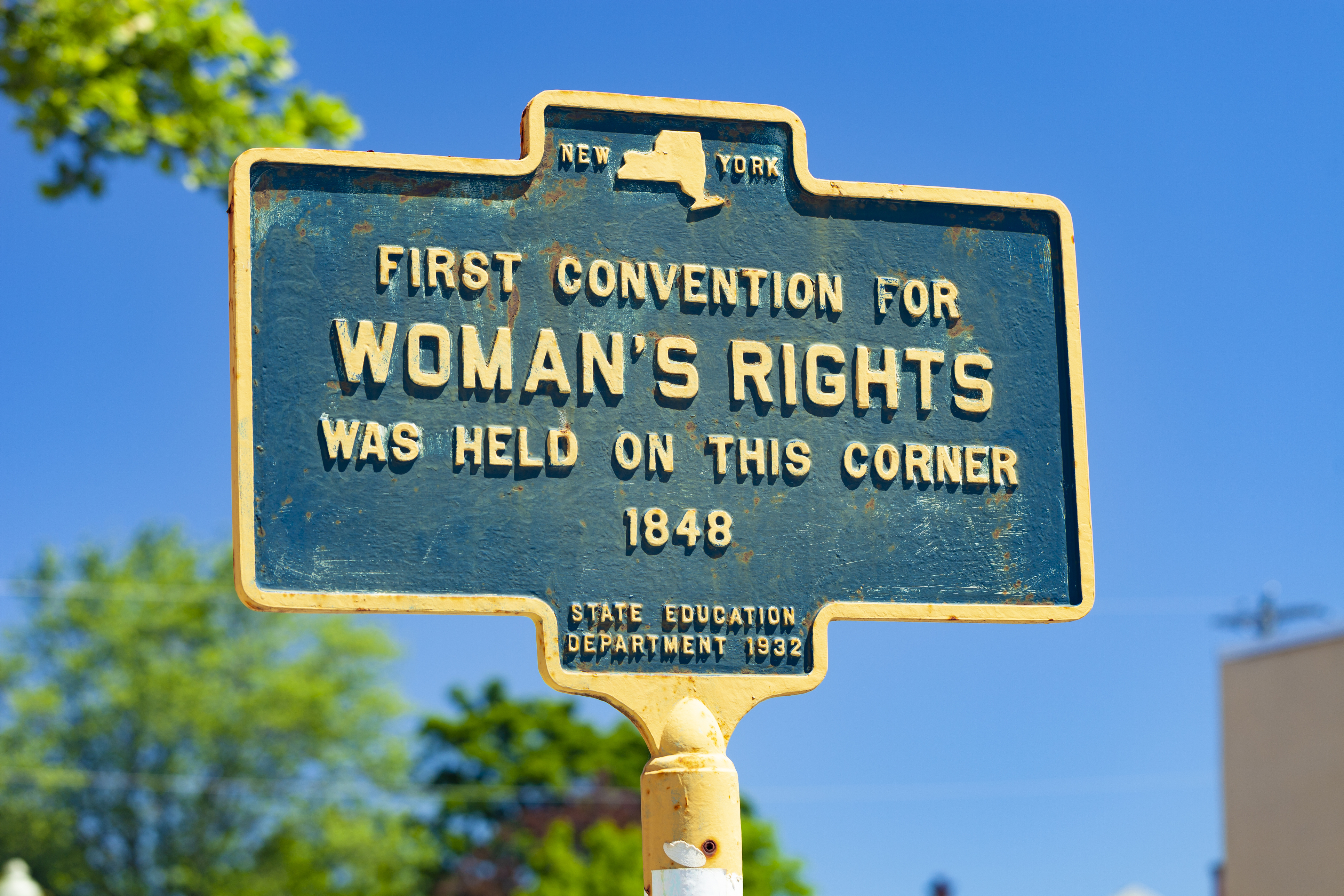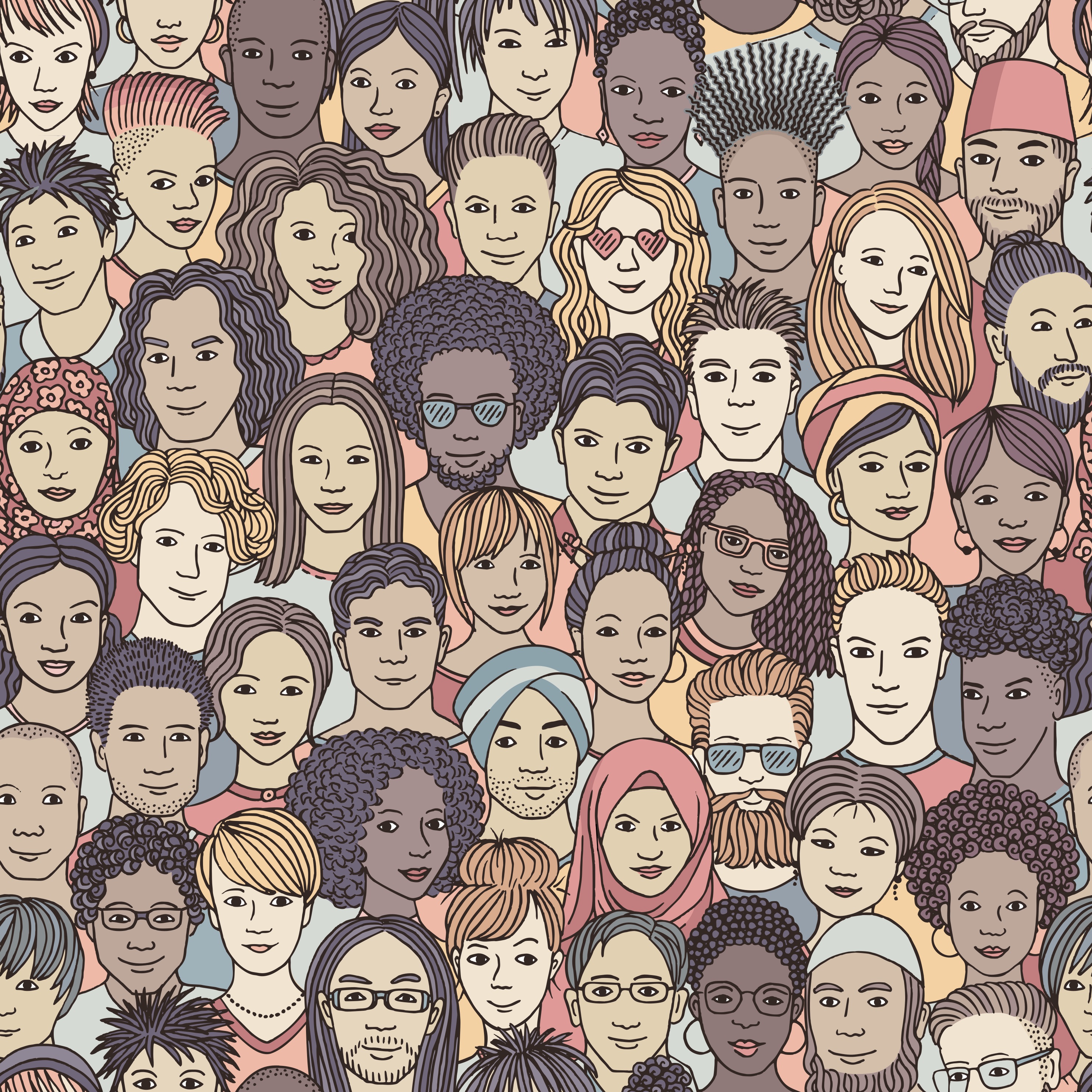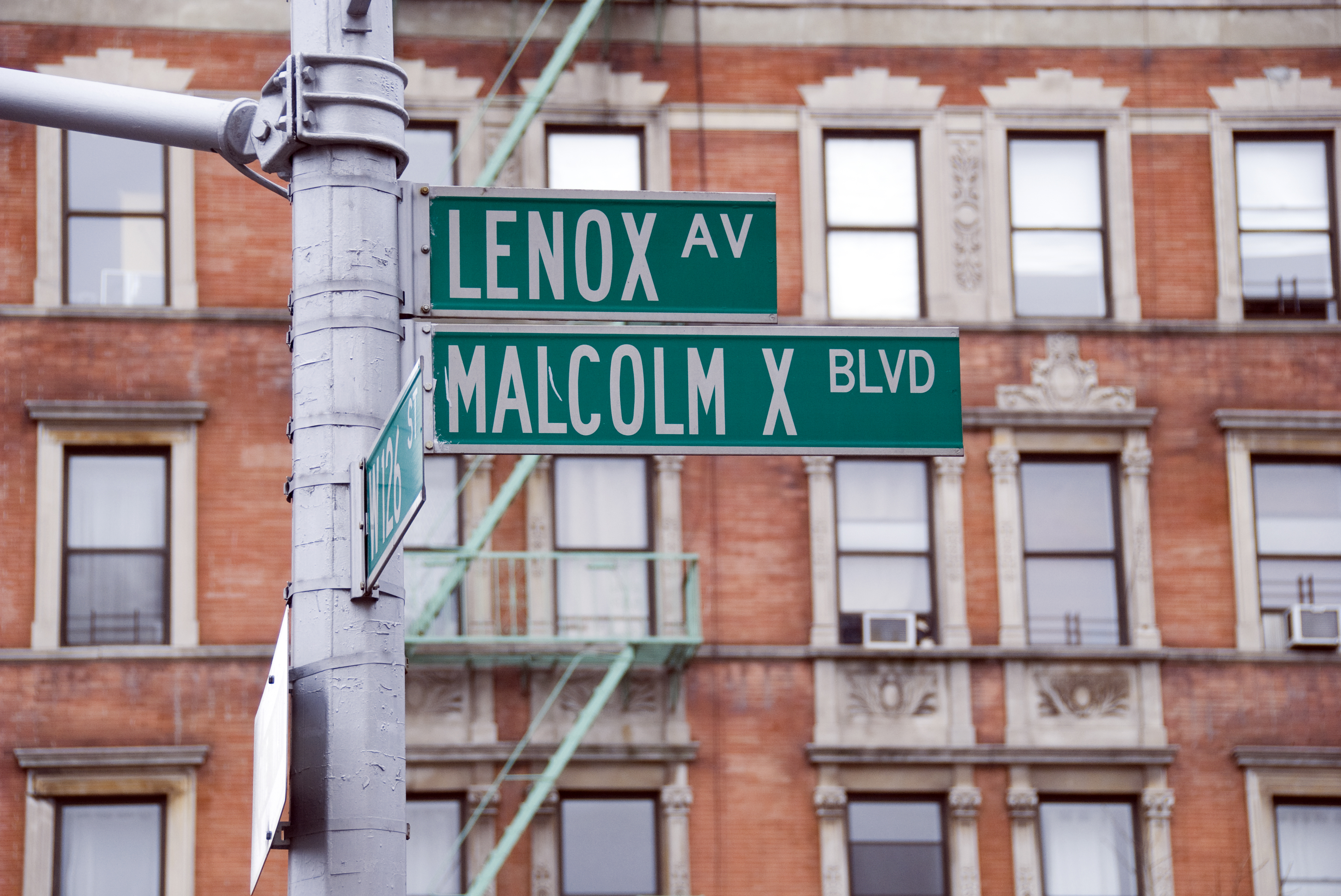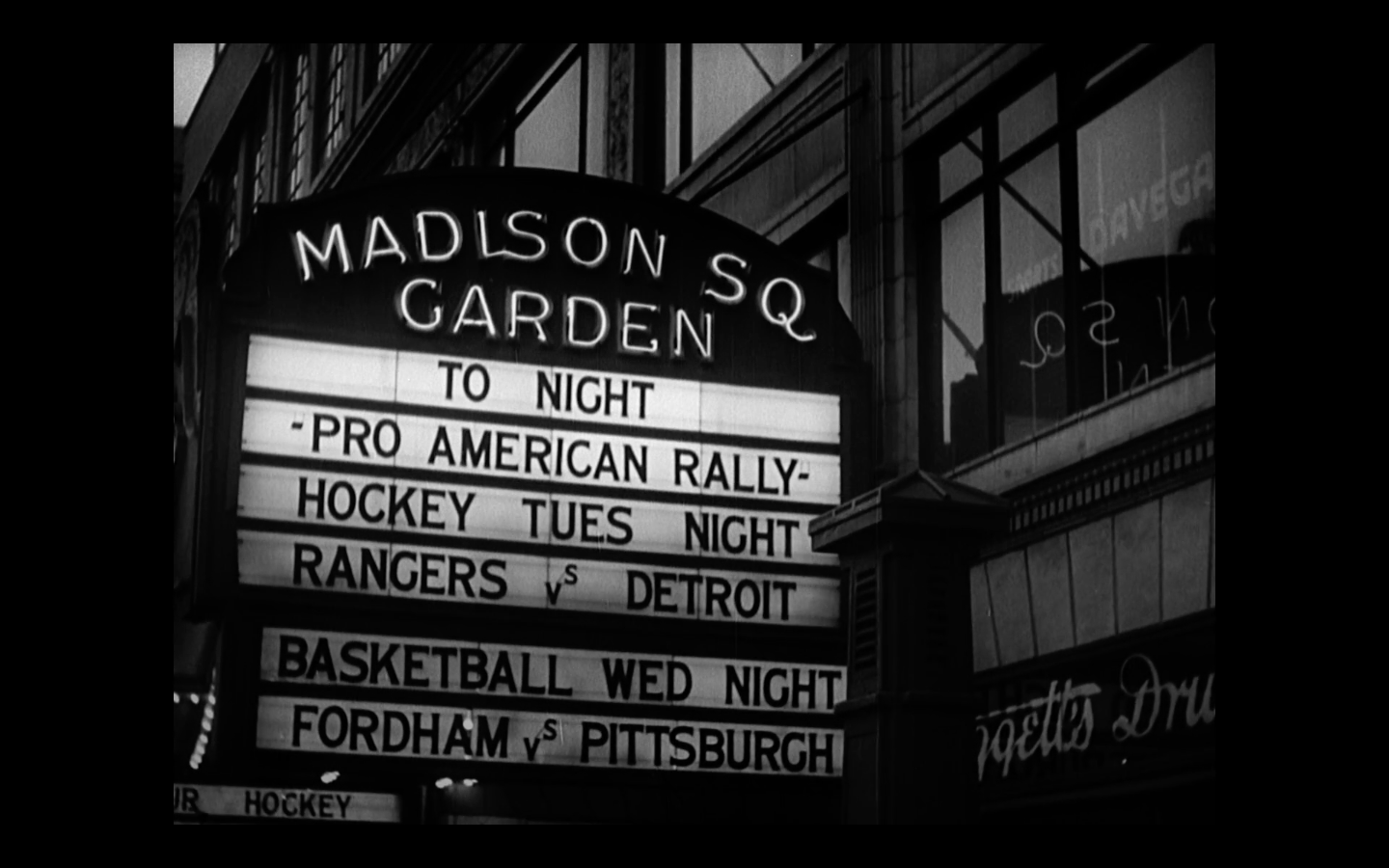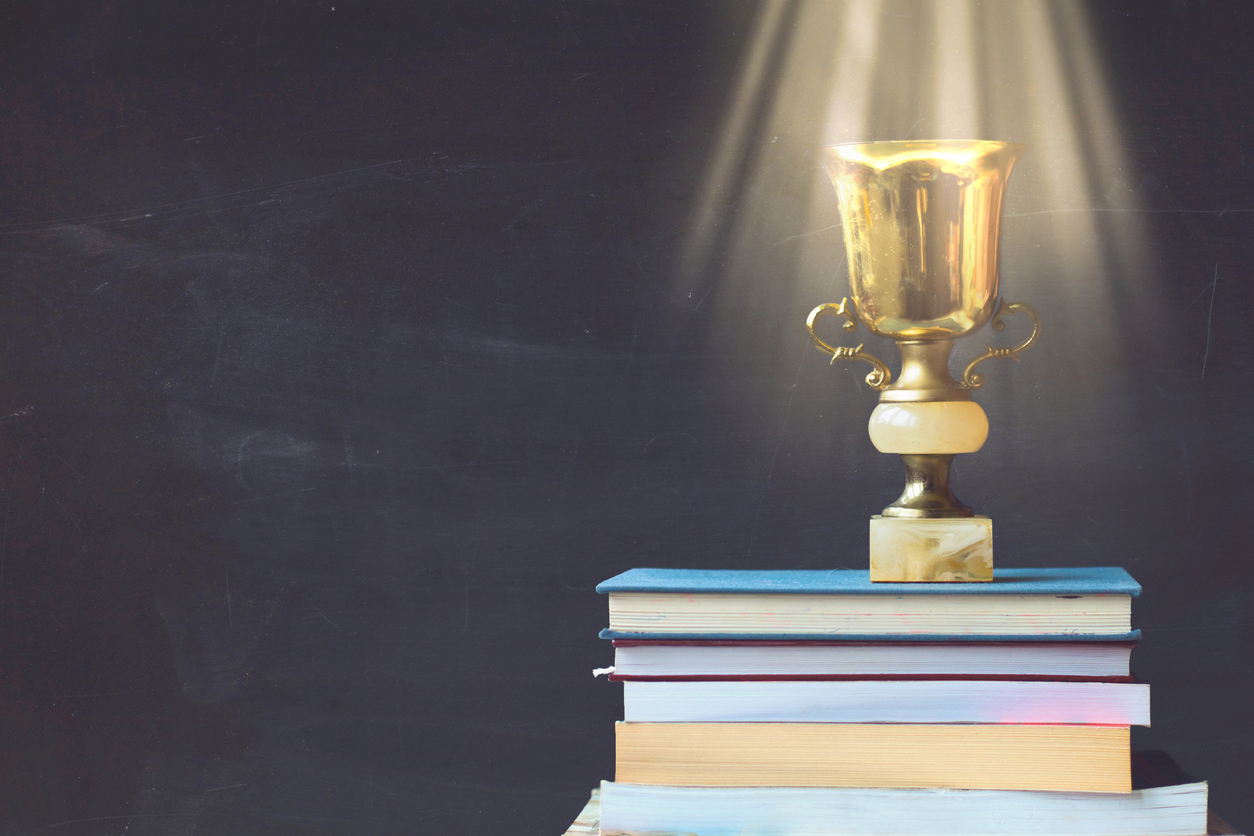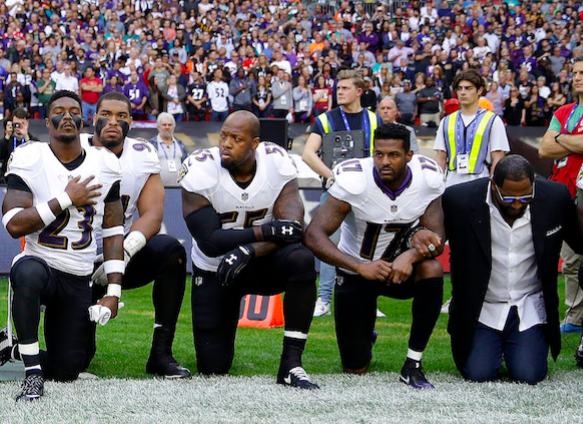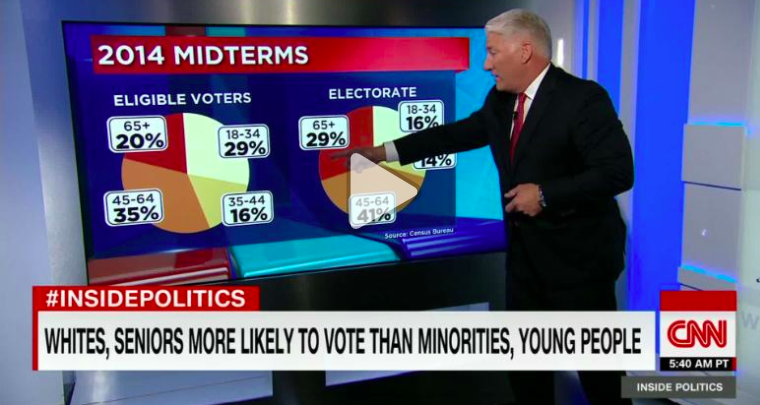Facing History and Ourselves President and CEO, Roger Brooks, responded to the recent Christchurch mosque shootings on Cognoscenti today—the ideas and opinion page for WBUR, the Boston-based wing of NPR. In his piece, he reflects upon his exposure to antisemitism over the course of his upbringing and how this shapes his thinking about contemporary antisemitism, Islamophobia, and other forms of hate. He also invites the reader to consider how education can be used to mitigate hatred and temper the threat of violence.
Facing History President and CEO Weighs in on Hatred via WBUR
Posted by Kaitlin Smith on March 19, 2019
Topics: Antisemitism, global terrorism, islamophobia
Help Your Students Reflect on the New Zealand Mosque Shootings
Posted by Laura Tavares on March 15, 2019
On Friday, March 15, 50 people were murdered in a terror attack on two mosques in Christchurch, New Zealand. We mourn the victims, killed when they had come to pray in sacred spaces, and we are filled with sadness for those who have lost friends and loved ones. News of the horrific attacks has spread around the world, in many places emerging during the school day or just as students and teachers arrived in classrooms. Once again, as we all face news of devastating violence, educators have the added task of helping young people to process, understand, and reflect.
Topics: global terrorism, white supremacy, islamophobia
This March, Facing History and Ourselves is honored to celebrate Women’s History Month by highlighting courageous women and girls who have actively made history. We know you’re strapped for time as an educator, but fear not. Facing History has you covered for thoughtful, actionable teaching resources that will bring women’s history—and women’s leadership today—to life in your classroom all month long.
Topics: Women's History Month
A governor is revealed to have dressed up in blackface (at least once); an attorney general is shown to have done it, too; a senator is exposed as having edited a yearbook full of racist images and language; a team at Gucci apologizes for creating a balaclava sweater that evokes blackface.
Topics: Reconstruction, Race and Membership, Black History
As educators concerned about social justice, we know that black history ought to be central to any American history curriculum if we are to deliver the unadulterated truth of our nation’s past. But who defines black history and with what consequences?
Topics: Black History
Oscar-nominated Short Confronts American Antisemitism—Past and Present
Posted by Alijah Case on February 26, 2019
Marshall Curry’s short film, A Night at the Garden, forces an American public to reckon with the horrific reality of its own antisemitism. Nominated for an Academy Award in the Documentary Short Subject category, the seven-minute, black and white film is comprised entirely of archival footage. Without any of the narration or explanation common to historical documentaries, the film demands one’s full attention, transporting its viewer to a world at once distantly dystopian and hauntingly familiar. It is February 20th, 1939. The Madison Square Garden marquee reads: “Tonight Pro American Rally.” There will be hockey on Tuesday, basketball on Wednesday. It could be a New York night like any other.
Topics: Antisemitism, Memory, American History
New York State's Teacher of the Year, high school history teacher Alhassan Susso, wants us to let go: “If we hold on to our history, we do it at the expense of our destiny.”
Topics: Teaching, Social and Emotional Learning
Amid the sheer number of social justice movements across the political and cultural spectrum, we are met with daily opportunities to find our voices as upstanders. And yet, it may not always be obvious who constitutes an upstander. The array of approaches by key actors in the #TakeAKnee controversy reveals that upstandership in action does not have a single definition and invites us to examine which approaches to social change are most aligned with our own values.
Daylight hours are dwindling, and temperatures are cooler. What better time to hunker down inside and take a book break? Engage your heart and imagination with these book selections by Tracy O’Brien, Facing History’s Director of Library Services. They touch on important Facing History themes such as history, democracy, identity, inclusion, and education.
The act of voting is the most important contribution every single eligible voter can make to insure the health of our democracy. Yet year after year, a discouraging number of eligible voters choose not to pull the levers of power. In advance of the midterm elections, Facing History CEO Roger Brooks stops to consider the impact of non-voters, and worse, uninformed voters in an OpEd published on CNN.com:

